on her film ‘One of Ours’, burnout, and DOC Institute’s Breakthrough program
I know in my gut that I can tell a story but I didn’t know if I could really ‘do cinema’
Congratulations on completing your film and your win of the Special Jury Prize at Hot Docs! How are you doing after finishing ‘One of Ours’?
I’m on the other side of it, the film is done. That feels like a pretty big win. Now it’s a matter of trying to fill myself up again.
It’s been quite the past few years. I’ve been thinking about sustainability for myself as someone who would like to keep doing this work. But also, now that I’ve done this feature I want to capitalize on this moment. I was working on an animated short documentary at the same time [as ‘One of Ours’] and I want to give myself more time to work on it.
Are there questions you wish were being asked about the filmmaking process?
I feel like there should be more conversation around not just the task of storytelling, but also the emotional ask of the filmmaker. I knew that the kind of stories I’m really interested in tap into something vulnerable and really raw. It was a struggle to think, how do I protect my wellness and still be present for Josiah [the main protagonist]? Everything was precarious and then you add the heaviness of 2020. The stakes that I was exploring in the film were heightened and that was not within my control. Questions around Indigeneity and the hyper explosion of anti-Black racism following the murder of George Floyd. I was asking myself a lot of questions about my role as a Black documentary filmmaker, my sense of place in the world, the validity of this work.. I’m still sitting with a lot of questions. I’m also trying to remember what happened, how did I make this film, and if I want to keep doing this, how do I make another film but better? Not just in craft but better for me as a human being, in a more sustainable way.
The story you wrote was so powerful. How did a first-time filmmaker come out with something so strongly written?
First off thank you for the praise. I think for me, it’s crazy how much imposter syndrome I had throughout the making of the film. I’m still trying to take in the fact that my intention was communicated effectively. There’s something incredibly validating to hear that people enjoyed the film and they saw the nuance that I lost sleep over.
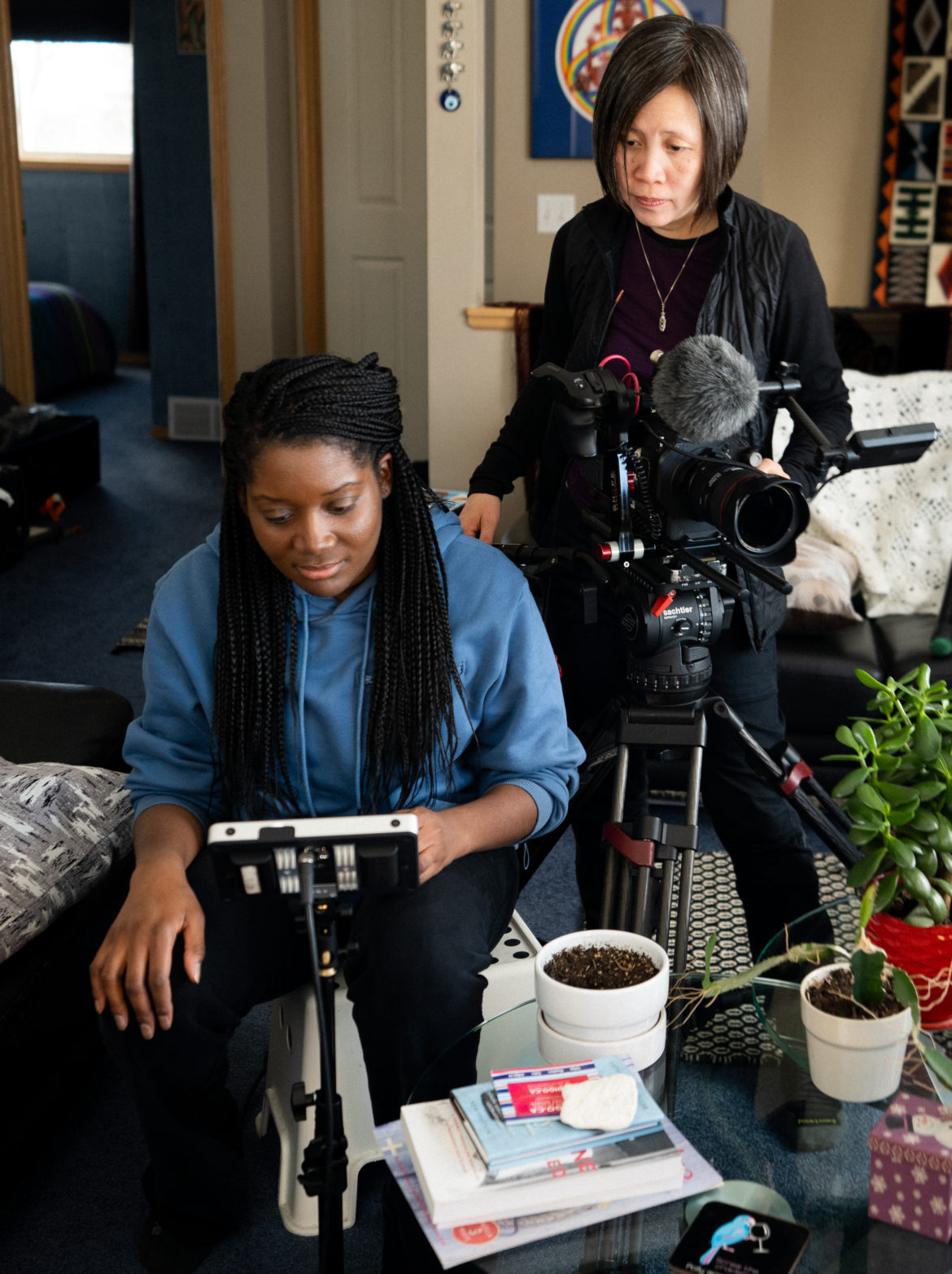
The other element that I struggled with on an emotional level was not just imposter syndrome; it was the fear of failure. What was crippling about it is I didn’t feel like I had a chance to practice failure. One of the things I was consciously trying to do while I was making the film was to make tiny digital shorts on my iPhone. There’s something about social media that I really enjoy. I play around with different apps and figure out what I like in terms of a frame and camera movement, and how to tell a story within 15 seconds in an Instagram story. I started thinking about the story in that way and it helped me feel a bit more confident in my choices. I know in my gut that I can tell a story from my work as a journalist and podcast producer but I didn’t know if I could really ‘do cinema’.
There’s a lot of responsibility to making a documentary, as you know. How was the film received by everyone involved?
I knew from the beginning that the story had so many layers. I was making sure everyone stood on their own terms in this journey of healing and connection and belonging. Up until the end when we sent the link [of the film] to the family, I was holding my breath.
There is also the fact that I am a Black person and I am telling a story that yes, is Black, Haitian but is also Indigenous and all these other elements. I had to approach this story with the most care, the most research and so that’s what I tried to do.
The family watched it and then we went on a Zoom call and we talked, and we all cried. That was the most important part; it was for them to be happy with the way I told their stories. Documentary is about bearing witness to humanity in real life and when you put the images together, you create meanings. To have this meaning be seen and understood by the people I captured meant a great deal to me.
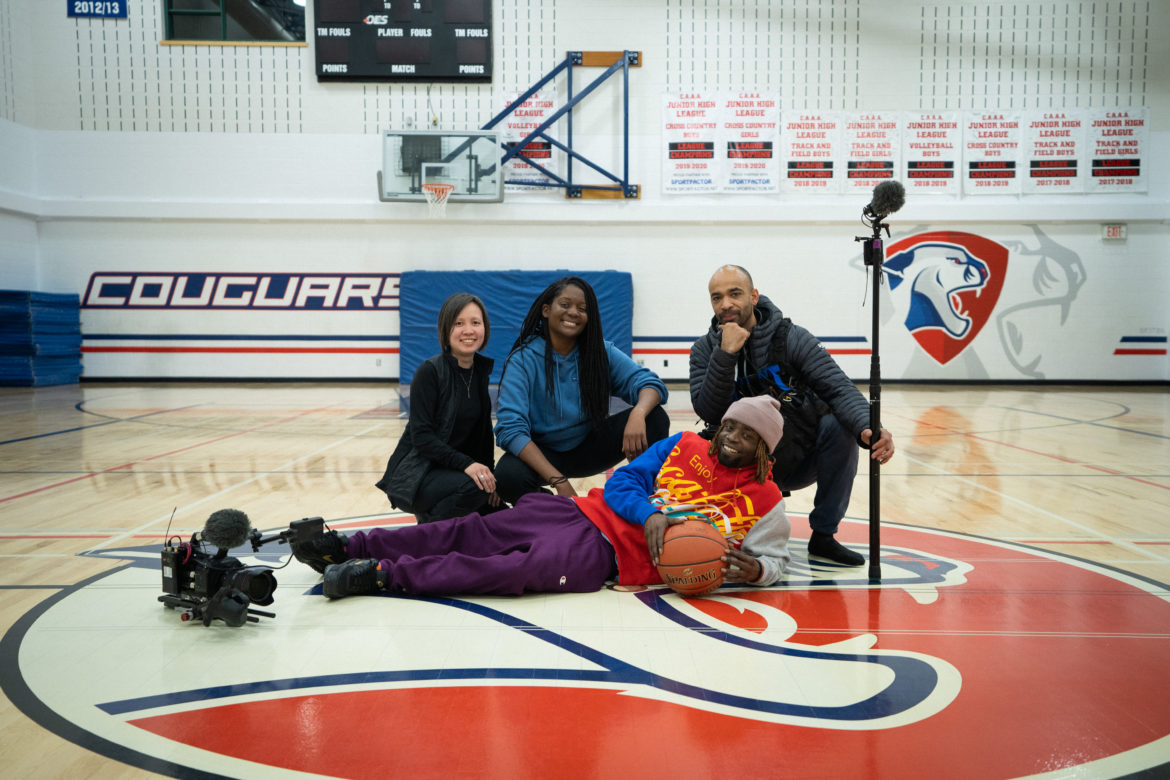
With all of the work you did to get it all right, who was helping you? Who did you have?
I had Laura Perlmutter, my producer, throughout the process. It was also having my own close group of people outside of her: my good friends, my roommates, my family.
In 2019 I had left my job at CBC and I knew I had to focus on this with all my time, but I still had to pay rent. I’m grateful that I had a community of people who held space for me both emotionally and sometimes financially to allow me to do this work.
I think about the sweat equity that is required of documentary filmmakers. In fiction, when I found out that someone will pay you to write [narrative], I was blown away. With documentary, there is this crazy ask of making a thing with almost nothing.
Have you done anything to celebrate your film or enjoy your *stardom*?
I’m still processing how this pandemic is affecting this stage of the process. I feel so proud of myself and my team for having reached this point. But there’s also not being able to have that experience with people. There’s a weird disconnect because we edited the whole film right where I’m sitting now on a desk in my bedroom. All these accomplishments and emotions from edit to world premiere in the same seat.
The nuance in how you showed the family really came through. How did you work through that?
There’s a lot of judgement, Black kids of non-Black parents, judgements that I think in a lot of ways the Wilson family challenges. How do you give enough detail to show that they might not fit who you think they might be? I knew there were all these layers. In some ways the material taught me to tell the story in that way.
I think we ended up making the film we were supposed to make.
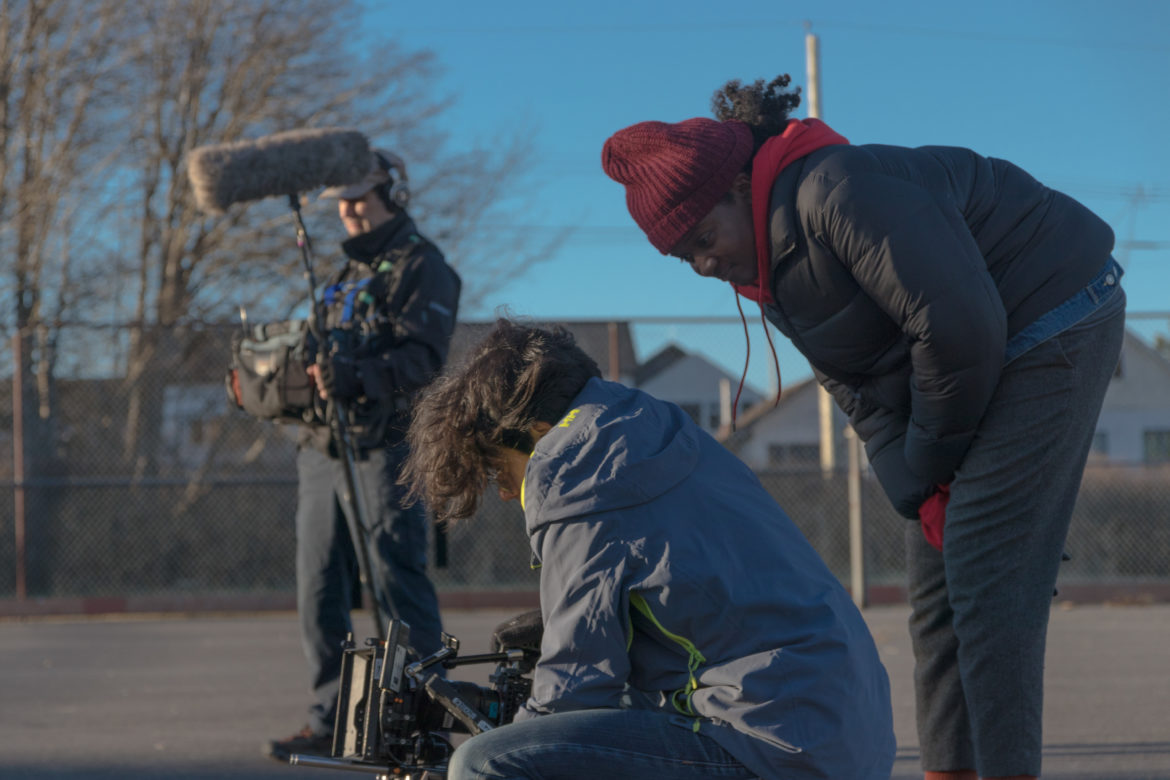
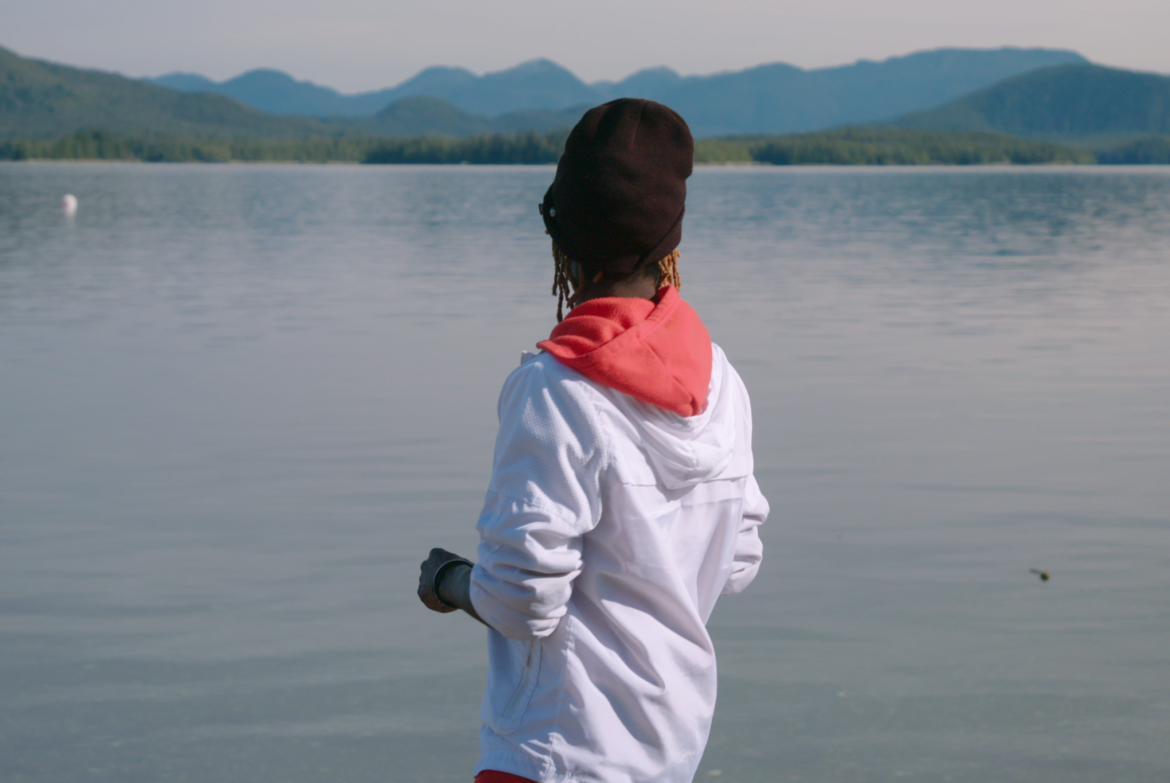
You participated in DOC Institute’s Breakthrough program in 2018 with ‘One of Ours’, so this film is something you have been working on for a long time. How did Breakthrough affect the project’s trajectory?
Breakthrough was so big for me. I applied because a friend of mine at CBC told me their friend went through the program. It opened up a lot for me because Breakthrough really helped me understand pitching. I know about pitching from a journalism standpoint, but pitching for film feels both very similar and very different. The lab was really good at helping me understand that if I’m pitching to a funder, this is what their ears perk up to, this is how I can colour my characters. It’s been a trip to see the connections and translations in my mind between the world of audio – which I knew – and the world of film.
[Breakthrough was] also where we were introduced to Jordana Ross from the CBC documentary channel. Right before Hot Docs that year, she wanted to set up a meeting and that got the ball rolling.
Everyone who was in that lab I’m still in touch with. When I was in the editing process and filling out grant applications and figuring out where to get the next chunk of money – I felt like I came out with a really good set of friends.
Thank you Yasmine!
Watch ‘One of Ours’ at Gimli Film Festival this month! Get tickets here.
_______
*This interview has been edited for clarity.


